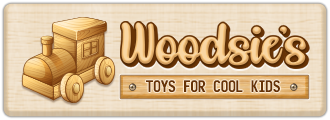
We all know puzzles can pass the time when we are stuck in lockdown or on a rainy weekend, but the benefits of puzzles for infants and toddlers are endless!
Puzzles help with shape recognition and problem solving. Either a shape fits or it doesn’t and there’s no cheating! Basic Shape Sorter puzzles help children develop hand eye coordination, holding puzzle pieces and turning them until they fit, and improve memory, as your child has to remember the pieces that don’t fit and where they might fit later on.
Puzzles teach patience! Puzzles aren’t always completed easily. They are filled with trial and error. They are the perfect antidote to the “now” generation where everything is available at the click of a button.
Puzzles offer a reward for hard work. The sense of accomplishment that puzzles give when they are complete teaches your child that with patience and “sticking at it”comes with the reward at the end.
Furthermore, doing a puzzle with a friend or mum and dad improves social skills and team work as they work together and communicate about what fits where.
Beyond the basic jigsaw, are open ended puzzles that have multiple solutions and multiple uses. The benefit of these types of puzzles the same as a jigsaw, but also allow your child to choose the degree of difficulty. Younger children can make art, use them as building block or make whatever their imagination allows. Older children can challenge themselves to find as many solutions as they can.
There is no mistaking the benefits of puzzles in early childhood development. Give your child the opportunity to continue learning through play and check out our range of puzzles here.
